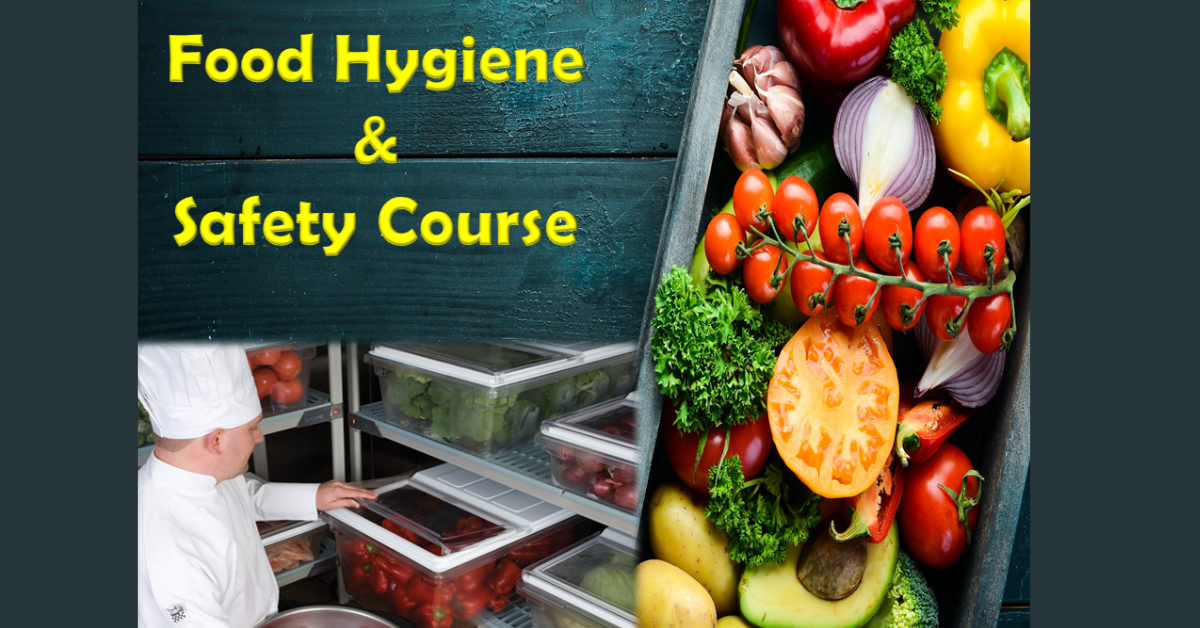Mastering Hygiene Standards: Why the Level 3 Food Safety Course is Essential in Singapore
In a vibrant culinary hub like Singapore, food safety isn’t just a regulatory requirement—it’s a vital component of customer trust and brand success. From hawker centres to five-star kitchens, maintaining hygiene standards is non-negotiable. This is where the Level 3 Food Safety Course plays a crucial role. Designed for supervisory staff and managers in the food industry, this course equips professionals with the knowledge and tools to implement and maintain high standards of food safety across operations.
Singapore’s food and beverage industry is both diverse and dynamic, attracting millions of residents and tourists alike. Given this expansive reach, a single incident of food contamination can have serious implications, not just for the individual establishment but also for the wider food sector. To prevent such occurrences, the Singapore Food Agency (SFA) enforces strict guidelines and compliance measures. It is within this regulatory framework that the Level 3 Food Safety Course becomes an essential credential for professionals responsible for ensuring food hygiene in their establishments.
What is the Level 3 Food Safety Course?
The Level 3 Food Safety Course is an advanced training program tailored for food handlers in supervisory roles. While basic food safety courses cover hygiene fundamentals, the Level 3 curriculum goes further by addressing food safety management systems, hazard control, legislative compliance, and staff training responsibilities. In Singapore, this course is often seen as the benchmark for those aiming to lead in food safety practices.
Unlike Level 1 or Level 2 food safety training, which targets entry-level staff, Level 3 is intended for chefs, kitchen managers, restaurant supervisors, and business owners. These roles involve higher accountability, requiring the individual to understand not only how to apply safety measures but also how to enforce them effectively within a team.
Course Content and Learning Objectives
The Level 3 Food Safety Course in Singapore covers a wide range of topics designed to strengthen managerial competencies in food safety. Some of the core components include:
-
Understanding Foodborne Illnesses: Trainees learn about different types of foodborne pathogens, their sources, and how they can be prevented.
-
Hazard Analysis and Critical Control Point (HACCP): A major part of the course involves learning how to implement and monitor HACCP systems, which are essential in identifying and controlling food safety risks.
-
Food Safety Management Systems (FSMS): Participants explore the creation and maintenance of FSMS tailored to their operational needs.
-
Personal Hygiene and Training Responsibilities: Leaders are taught how to train and monitor staff effectively to uphold hygiene standards at all times.
-
Legal Requirements: The course provides a detailed overview of Singapore’s food safety legislation, ensuring supervisors are aware of their legal obligations.
Upon completion, participants are expected to demonstrate a thorough understanding of food safety practices and be capable of implementing policies that align with both local and international standards.
Who Should Attend the Course?
The Level 3 Food Safety Course is not just a recommendation—it is often a requirement for those in senior roles within food establishments in Singapore. It is particularly relevant for:
-
Executive Chefs and Sous Chefs: Who are responsible for kitchen operations and maintaining high hygiene standards.
-
Food Business Owners: Who need to understand their legal and operational responsibilities in food safety.
-
Catering Managers: Who oversee food preparation and distribution, often on a large scale.
-
Quality Assurance Officers: Who need a comprehensive grasp of food safety systems and auditing procedures.
Moreover, with Singapore’s increasingly stringent food safety regulations, having Level 3 certification can give businesses a competitive edge. It signals professionalism, compliance, and a proactive approach to safeguarding public health.
Importance of Level 3 Certification in Singapore’s Regulatory Landscape
Singapore has earned a global reputation for food safety, thanks in part to its strict oversight and robust training infrastructure. The SFA mandates food hygiene certifications for all food handlers, and increasingly, it is looking to ensure that supervisory and managerial staff are equally qualified to oversee safe practices. This growing emphasis on leadership accountability makes the Level 3 Food Safety Course a vital tool for staying compliant.
In addition to regulatory compliance, there are business benefits. Certified personnel reduce the risk of costly food safety violations and shutdowns. They also help create a culture of safety and hygiene that resonates with consumers, especially in an age when customers are more conscious than ever about what goes into their food.
Flexibility and Accessibility of the Course
In response to industry needs, many training centers in Singapore now offer flexible learning modes for the Level 3 Food Safety Course. Participants can choose from in-person sessions, online modules, or hybrid formats. This flexibility makes it easier for working professionals to obtain certification without disrupting their responsibilities.
The course duration typically ranges from two to three days, depending on the provider. Assessments may include both written examinations and practical evaluations to ensure comprehensive understanding and application of food safety principles.
Career Advancement Through Level 3 Certification
In a competitive job market, professional certifications can significantly boost career prospects. The Level 3 Food Safety Course enhances your resume and opens doors to higher roles in kitchen management and food quality assurance. Many employers in Singapore now list this qualification as a prerequisite for senior positions within their operations.
Moreover, for entrepreneurs or individuals planning to start their own food businesses, the course provides invaluable insights into how to structure operations, manage risks, and ensure compliance from day one. In essence, the course is not just an academic credential—it’s a practical toolkit for success.
Final Thoughts
As Singapore continues to elevate its food safety standards, professionals in the food and beverage industry must rise to the occasion. The Level 3 Food Safety Course offers the knowledge, skills, and certification required to lead with confidence. Whether you’re managing a kitchen, running a restaurant, or overseeing food production, this course positions you as a qualified leader in food hygiene and safety.
In an industry where trust is everything, taking the step to become certified isn’t just beneficial—it’s essential. The future of food safety in Singapore depends on well-informed, proactive professionals, and the Level 3 Food Safety Course is the training that gets you there.







